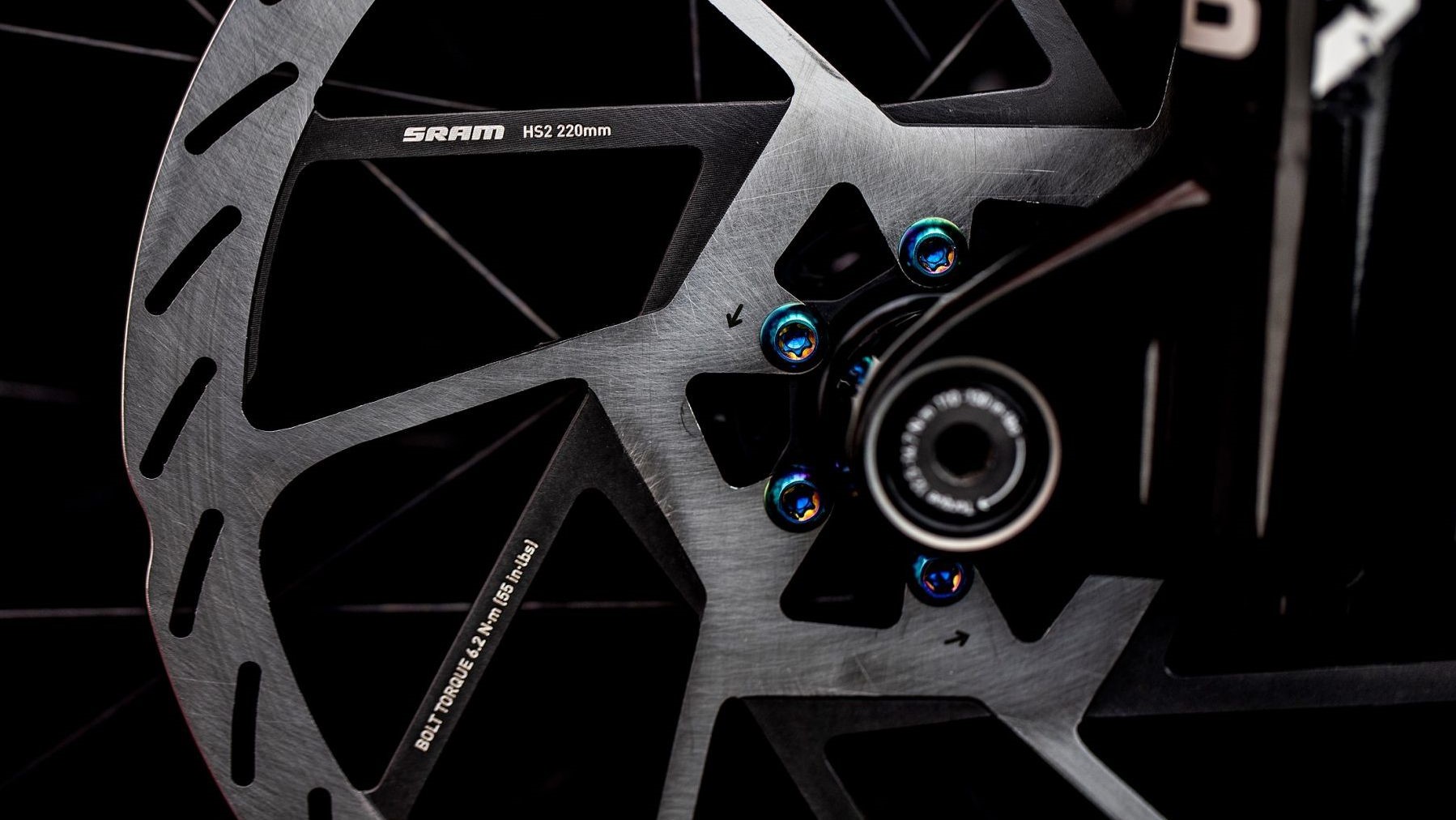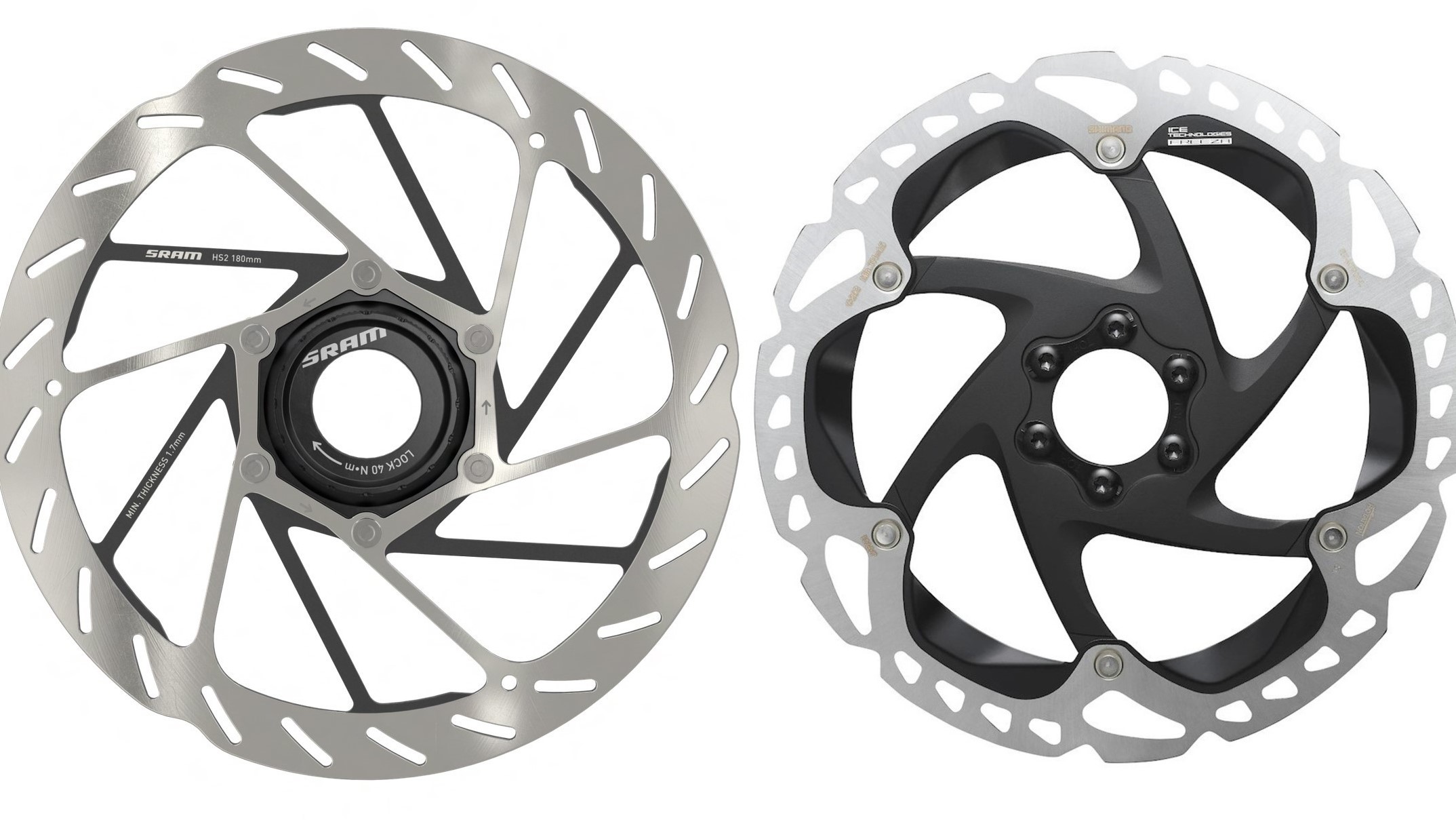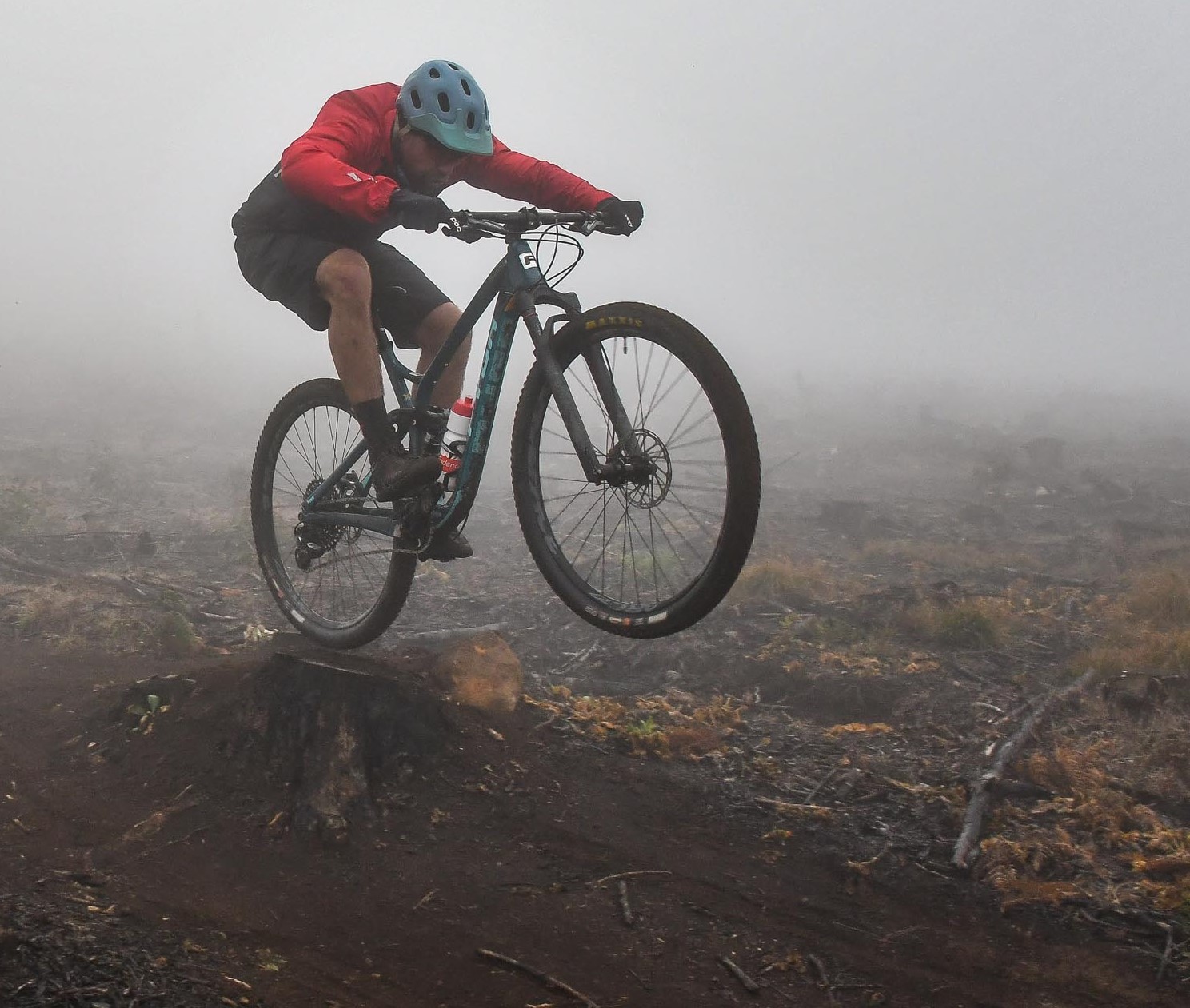New disc-brake rotors from Shimano and SRAM
Two big names in braking have released improved rotors, to help you slow down with more control

Shimano and SRAM have revealed new brake rotors, following the UCI mountain bike World Championships. With riders using all the advances in mountain bike design to explore steeper and more technical trails, the best mountain bike brakes are working harder than ever before.
With the increasing popularity of the best e-MTBs, their greater mass adds an additional burden on modern mountain bike brake systems. Two of the largest component brands have now reacted to the issue of brake fade and noise, with improved rotors.
Shimano’s update brings its Ice Tech Freeza technology to riders who prefer the six-bolt mounting system.
If you are an enduro mountain biking or downhill mountain biking rider who doesn’t want to upgrade from your current six-bolt wheelset, or prefer the security of bolts as opposed to a centerlock system, Shimano now has you covered.
The Japanese mountain bike brand now has six-bolt brake rotors with the Ice Tech Freeza construction.
By placing an aluminum layer between the rotor’s steel outer surfaces, Shimano claims a 270°F reduction in peak operating temperatures between its standard rotors and those with the Freeza layering, which should reduce brake fade and make your pads last about 10% longer.
Shimano’s six-bolt Ice Tech Freeza rotors will be available in early 2022 and priced at $85.99 for the 180mm, with the 203mm version retailing for $94.99.

Going thicker than Centerlines
SRAM’s latest heavy-duty brake rotor is the HS2. The American component brand is marketing these in four sizes: 160-, 180-, 200- and 220mm. Riders also have the option of six-bolt or centerlock mounts.
Although these HS2 rotors might not look much different to SRAM’s Centerlines, they are thicker. By adding additional material to the rotor, SRAM’s engineers have improved thermal stability, delivering a seven per cent increase in braking power.
How much thicker are these HS2 rotors? Not much. SRAM’s Centerlines are 1.85mm and the HS2 rotors measure at 2mm. Not only does the increase in thickness help with heat management, but it also aids teg overall structural integrity of the HS2 rotors, especially the larger 200- and 220mm sizes.
Being thicker, these HS2 rotors should be more resistant to warping or bending. This should help riders avoid the annoying task of having to try and straightened their rotors.
SRAM’s HS2 range prices from $50 to $65, depending on size.

Lance Branquinho is a Namibian-born journalist who graduated to mountain biking after injuries curtailed his trail running. He has a weakness for British steel hardtails, especially those which only run a single gear. As well as Bike Perfect, Lance has written for MBR.com, Off-Road.cc and Cycling News.
